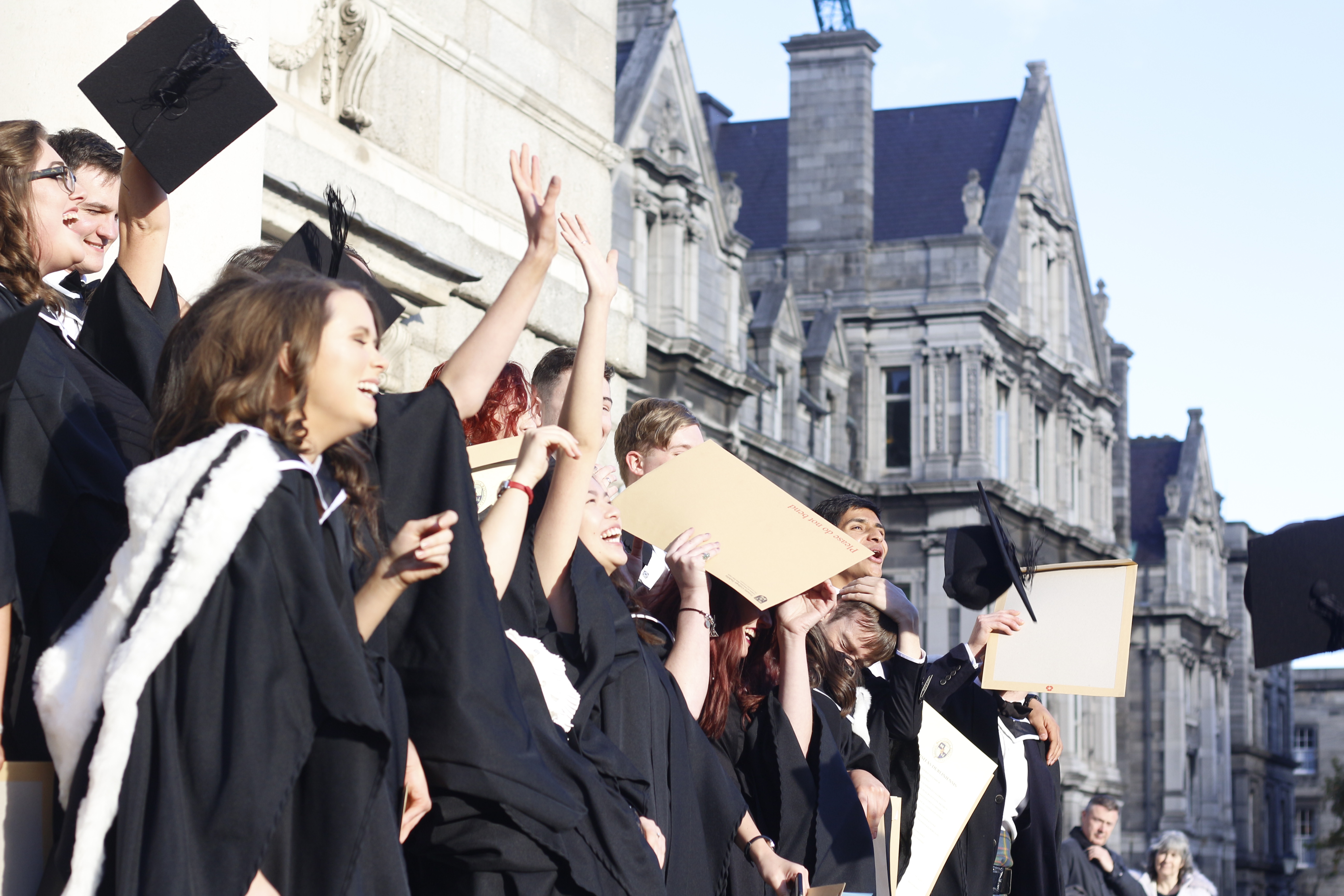A new study from the European Migration Network has shown big increases in the number of international students travelling to study in Ireland. However, the study also identifies how delays in immigration processing and lack of affordable accommodation still remain prominent barriers to attracting international students.
The report tracks the number of residence permits issued by the government to international students, finding that in 2013 just over 9,300 were issued, rising to around 13,500 in 2017.
China was found to be the top country of origin of full-time non-EU students in State-funded higher education institutions. Malaysia, the US, Canada, India and Saudi Arabia also featured in the top five countries of origin between 2013-2016.
The most popular courses for non-EU students in Ireland are in the subject area of health and welfare, representing 31% of all full-time non-EU enrolments.
Sarah Groarke, lead author of the report, commented that Ireland is “successfully attracting and retaining increased numbers of higher-level non-EEA students”. She noted, however, that her report “highlights that obstacles persist for some students including delays in immigration registration, securing affordable student accommodation and transition to employment after graduation”.
The report also identifies the factors that influence a student’s decision to travel to study in Ireland. It found that institutional reputation, specific courses available, research quality, location, cost of living, earning potential, and social life all impact on the final decision to study in Ireland.
The research also found that some students were attracted to Ireland due to partnerships between Irish universities and universities in their home countries.
Recent financial pressure faced by Higher Education Institutions (HEIs) has led them to extend their efforts to attract more students from outside the EU. This is due to the fact that these students pay a higher rate of tuition fees.
The study found that HEIs face a number of challenges when promoting Irish universities abroad. The report notes that one HEI consulted for the study stressed that competition at a domestic level among HEIs works against attracting international students.
The report also states that it found most HEIs share a general view that Ireland is not well known in key partner countries due to the lack of a coordinated strategic effort at national level and lack of funding made available by the government for promotion.






